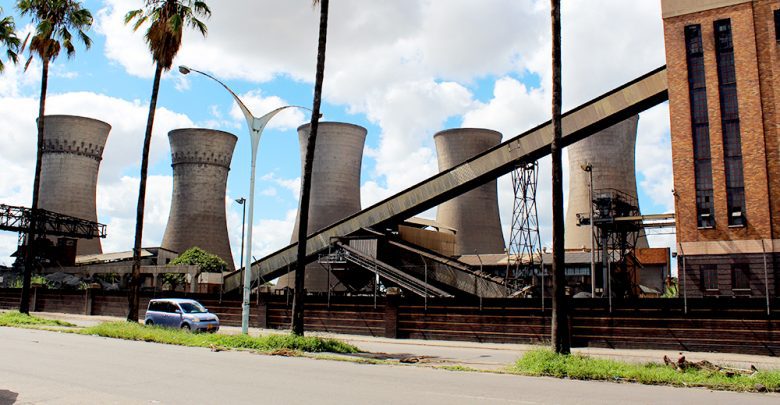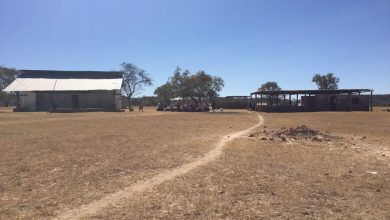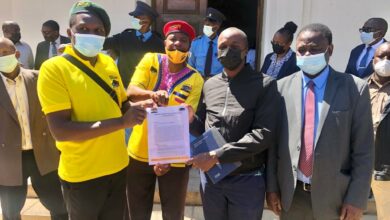BPRA calls for resolution to Bulawayo power station ownership dispute

The Bulawayo Progressive Residents Association (BPRA) has called for a resolution to the ownership dispute over the Bulawayo thermal power station.
This follows reports that the Ministry of Energy is mooting decommissioning the power plant on the basis that it has outlived its life span.
The power plant with its iconic cooling towers, commissioned between 1947 and 1957 gave birth to Bulawayo’s second name “Kontuthu Ziyathunqa”.
In a position paper prepared by Dr Wayne Malinga, BPRA argues that the Bulawayo City Council (BCC) must gather evidence to prove its ownership of the plant.
“One hanging issue that is currently at the epicentre of the decommissioning debacle is the ownership of the power station. From the onset of its establishment, the station was owned by Bulawayo City Council and leased out to ZESA as the designated power authority in the country,” Dr Malinga said in the paper.
“However, legal battles have ensued in recent times due to the decisions taken by ZESA without consultation of relevant stakeholders such as the Bulawayo City Council, BPRA and residents to mention a few. Even though a ruling/judgment was passed over this debacle which indicated that the station should be under the care of ZPC, the issue remains unresolved. The Bulawayo City Council with the support of its residents, CSOs and other stakeholders should gather enough evidence to show ownership of the power station.”
Dr Malinga said this can include producing the lease agreement signed with ZESA and the title deeds as well to show ownership of both the land and power station noting that such evidence will go a long way in legally challenging the decommissioning of the power station using substantial evidence.
He further recommended that residents and other stakeholders be consulted so that they can give their input on the matter.
“The decommissioning of the power station in Bulawayo has happened without the consultation of the local residents. ZESA in its own capacity and as the authority in-charge went straight to the government to seek its permission to exercise its monopoly over the power station by recommending its decommissioning and repurposing,” he said.
“The major stakeholders who in this case are the residents, have not been fully consulted or have had some form of communication from the power utility regarding this particular matter. Thorough consultations are supposed to be done with all involved stakeholders before a decision of this magnitude is taken into consideration.”
Dr Malinga said advocacy and lobbying by residents, CSOs and other stakeholders must be done as a matter of urgency, on the repercussions of decommissioning the plant on general life, economy and businesses.
“Despite efforts done previously by BPRA and the residents themselves on the considerations to destroy the cooling towers, there is still a lot that needs to be done on this issue. Engagements should be done with residents, government, ZESA, Bulawayo City Council, CSOs, political leaders, businesses and any other relevant stakeholders to find a solution to this problem,” Dr Malinga said.
“Elected public officials such as Councillors and MPs should show political will in terms of advocating for the issues affecting Bulawayo including the decommissioning of the power station. In order to do so, they need to put
the interests of Bulawayo first instead of their own and also ensure they unite on this matter despite their various political affiliations. This is a time for them to stand with the residents who are likely going to face devastating socio-economic consequences once the power station closes.”






